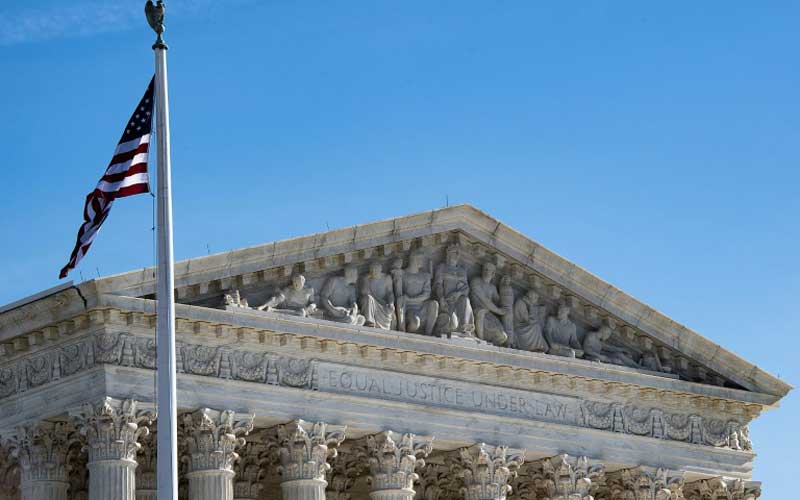×
The Standard e-Paper
Stay Informed, Even Offline

US President Donald Trump's controversial ban on transgender Americans in the military came into force on Friday following a protracted legal battle that went all the way to the nation's top court.
Trump's administration has insisted that there is "too great a risk to military effectiveness and lethality" to allow transgender people to serve -- reversing a policy enacted under his predecessor Barack Obama.







